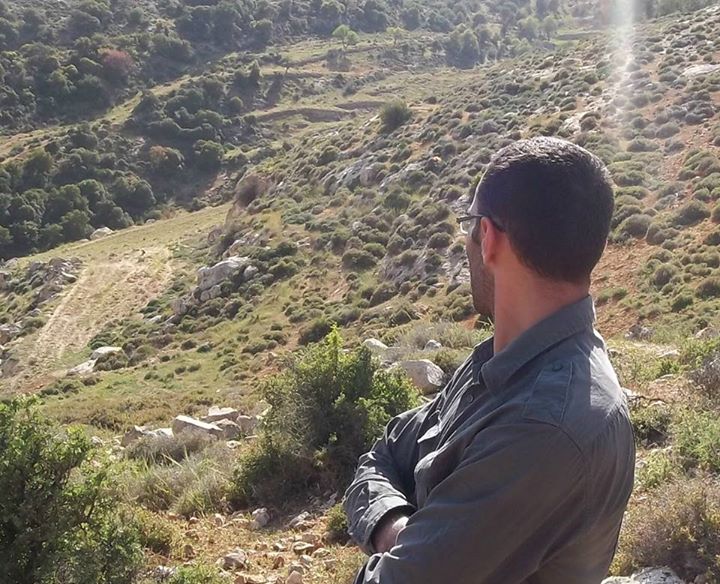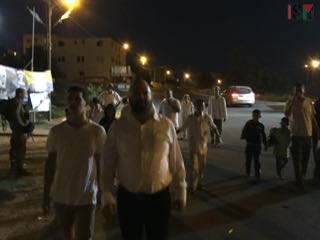-
The broken wheel of Israeli ‘justice.’ The case of Mahmoud Abujoad Frarjah
4th October 2015 | International Solidarity Movement, Al-Khalil team | Gaza, occupied Palestine Sireen Frarjarh and her husband Mahmoud Abujoad Frarjah met eyes numerous times during this past Tuesday’s trial in an Ofer military court hearing. The trial was to determine if the young, newly married Palestinian man from the Deishah refugee camp in Bethlehem, would be […]
-
Sami Ali El Goga – The Story of a Gazan Fisherman
ISM Gaza met the fisherman Sami Ali El Goga, 36, who lost his hand and part of his arm the 12th March 2007, when he was attacked by the Israeli navy. In the same attack his boat was completely destroyed and his 13-year-old nephew, who was in the boat with him, sustained shrapnel wounds throughout his body. […]
-
Settlers continuously trespass on private Palestinian land with police protection
3rd October 2015 | International Solidarity Movement, Al-Khalil team | Hebron, occupied Palestine Last night, a group of about two dozen Israeli settlers trespassed on private Palestinian land in al-Khalil (Hebron), protected by the Israeli police. Firday evenening, a group of about two dozen settlers from the illegal settlement of Kiryat Arba again came to […]
Action Alert An Nabi Saleh Apartheid Wall Arrests BDS Bethlehem Bil'in Cast Lead Demonstration Denial of Entry Ethnic Cleansing Farmers Gaza Global Actions Hebron House Demolition International law Israeli Army Jerusalem Live Ammunition Nablus Ni'lin Prisoner Ramallah Rubber-coated steel bullets Settlement Settlers Settler violence Tear-Gas Canister Video



